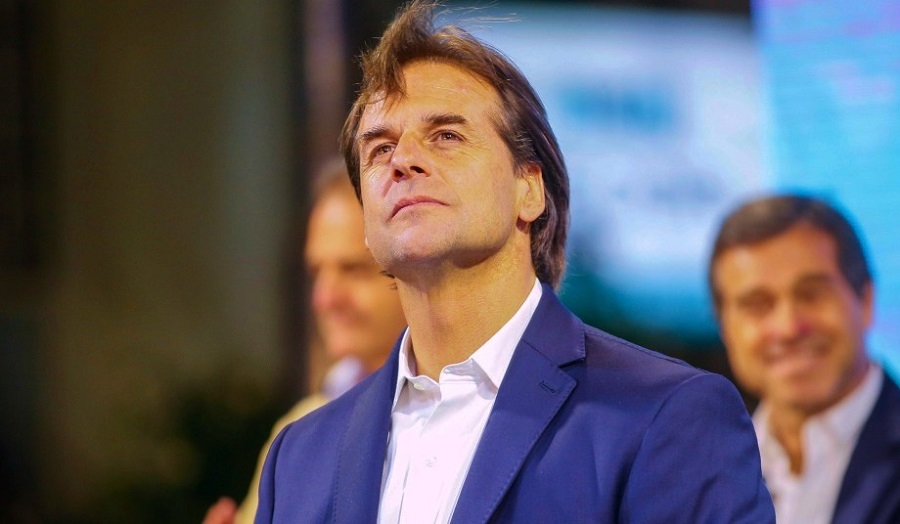RIO DE JANEIRO, BRAZIL – According to the November survey, 32% of respondents considered the administration as “neither good nor bad,” while 2% did not know or did not answer.
The 2021 trend is predominantly stable, with a peak of approval registered in the second quarter and with three quarters in the range of 36%-37% approval.

The second half of 2021 consolidated a post-pandemic public opinion mood, in which economic demands and expectations definitively supplanted health concerns linked to the Covid-19 crisis. Issues such as unemployment, wages, taxes and poverty dominate Uruguayans’ main concerns, and are likely to have an increasing weight in the relationship between citizens and the government, according to the consultancy firm.
With respect to 2020, the approval rates of economic management were lower in all quarters of 2021, a trend similar to that of government approval. Arguably, as with general management, economic approval has been behaving as it usually does: with a peak during the “honeymoon” period,” Opción explains.
As expected, the government’s economic management strongly divides the pro-government and opposition electorates. The percentage approving the economic management is about 6 times higher among government coalition party voters than among Frente Amplio voters (61% to 11%).
But what is the main factor behind the country’s economic problems? For half of Uruguayans, these problems are mainly due to the global economic effects of the health crisis.
Meanwhile, 22% blame the previous government and 19% the current government. These trends are similar to those of previous quarters. Therefore, the survey shows that, despite the fact that Uruguayans maintain a negative assessment of the current economic situation, a clear majority continue to place the blame on causes unrelated to the current administration.
Another relevant finding is that the current government’s favorable assessment levels of economic management are clearly lower than its overall approval ratings. There is currently a difference of 14 points between the two types of approval (51% vs. 37%). Therefore, although citizens do not assign the government most of the responsibility for the economic issues the country is experiencing, they are less enthusiastic when assessing its economic management than when evaluating its work as a whole.
An additional factor that could help explain the gap between economic management and overall management is public security management, whose approval ratings rose sharply in this government term.
Thinking ahead, if the pandemic continues declining or with very controlled figures as now, a greater convergence between economic and overall management approval could be observed, to the extent that the former will have a more decisive impact on the latter.
For the government, this will be good news should economic indicators remain on a clear recovery path, and will pose new challenges if there is a slowdown, Opción adds.
“All of this could have relevant consequences on the referendum on the LUC given that, as stated in previous reports, the overall relationship between citizens and government at the time of voting will be one of the keys to the outcome of the election,” the report concludes.
The survey was conducted between October 29 and November 8, with 800 Uruguayan residents over 18 years of age. Questions were conducted by telephone. The survey has a maximum error margin of +/-4.1% for a 95% reliability level, according to the consulting firm.

